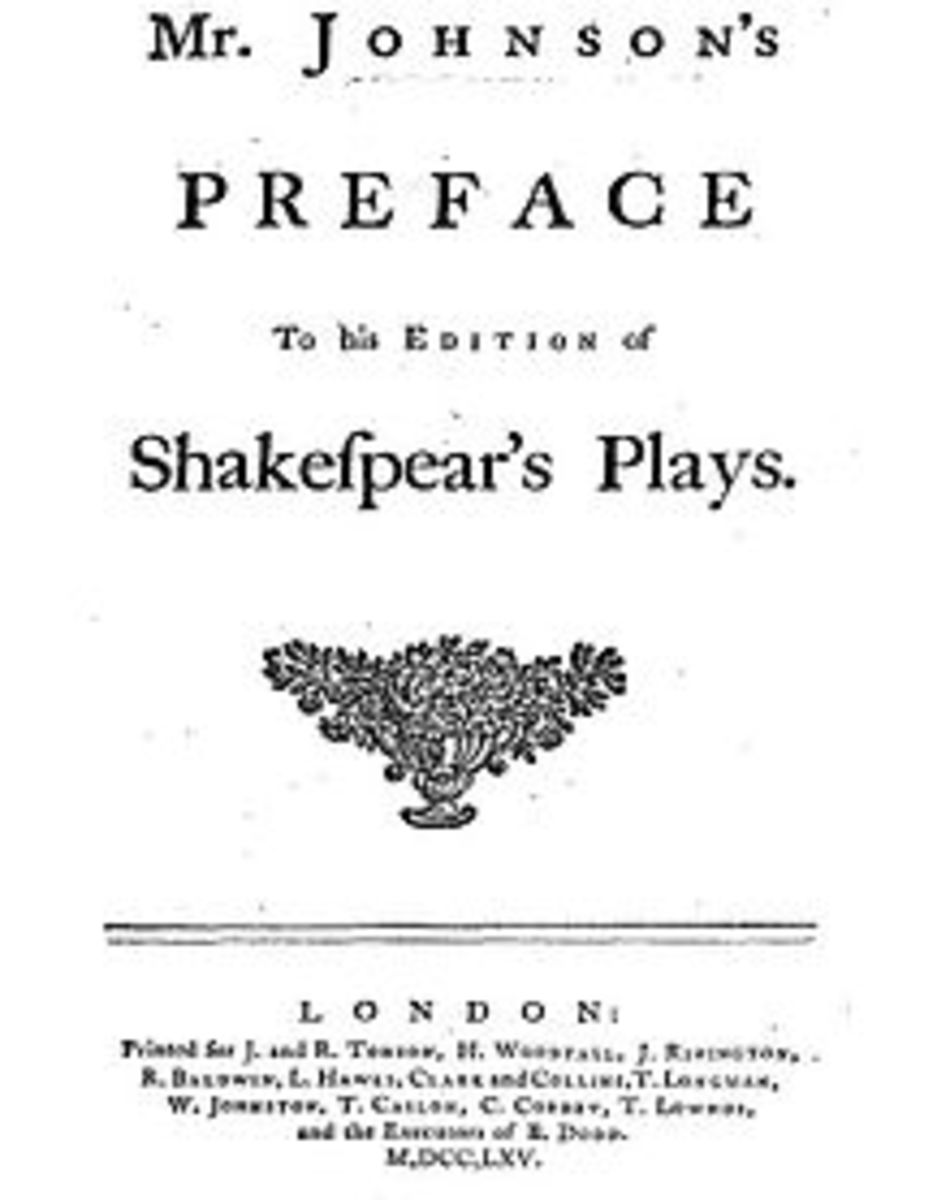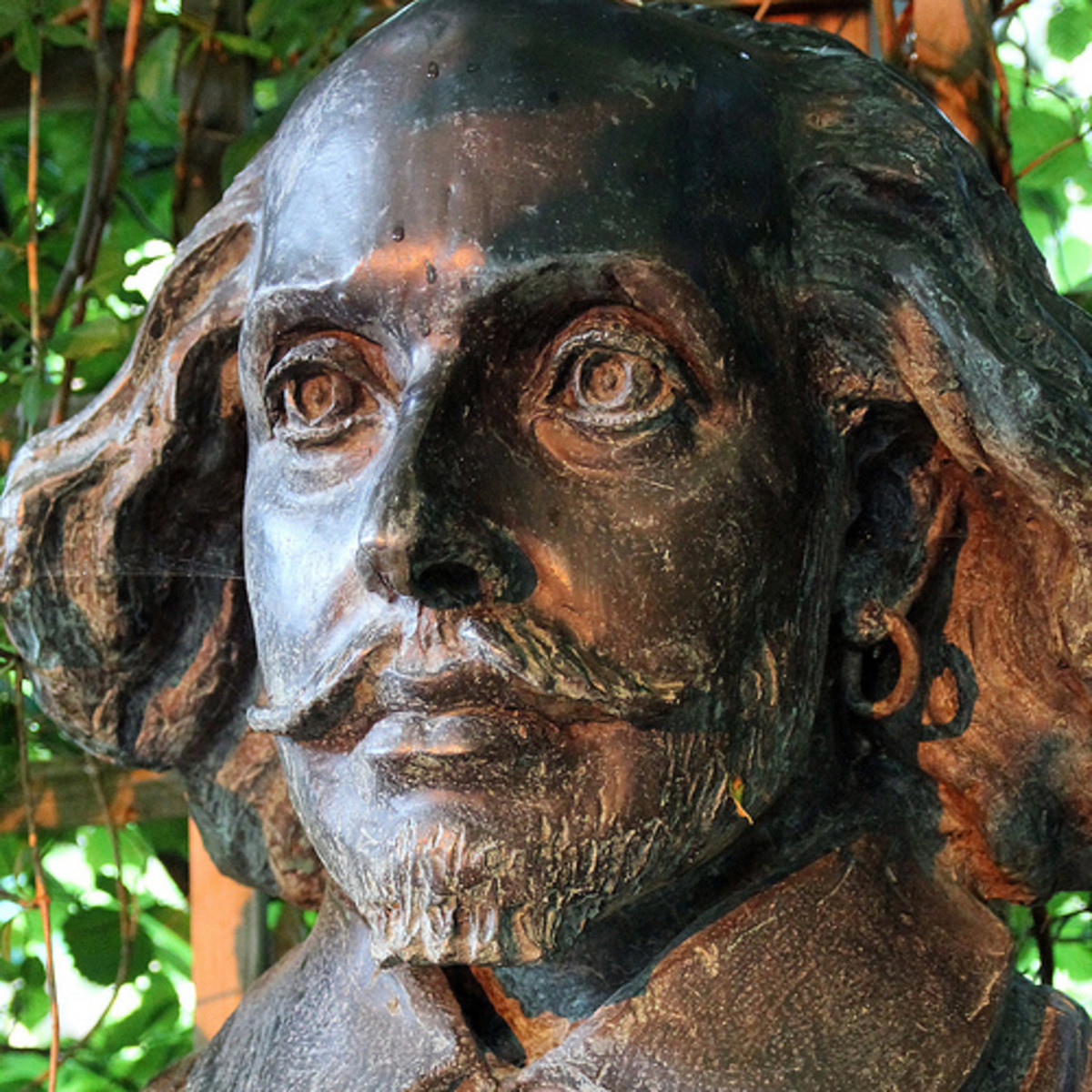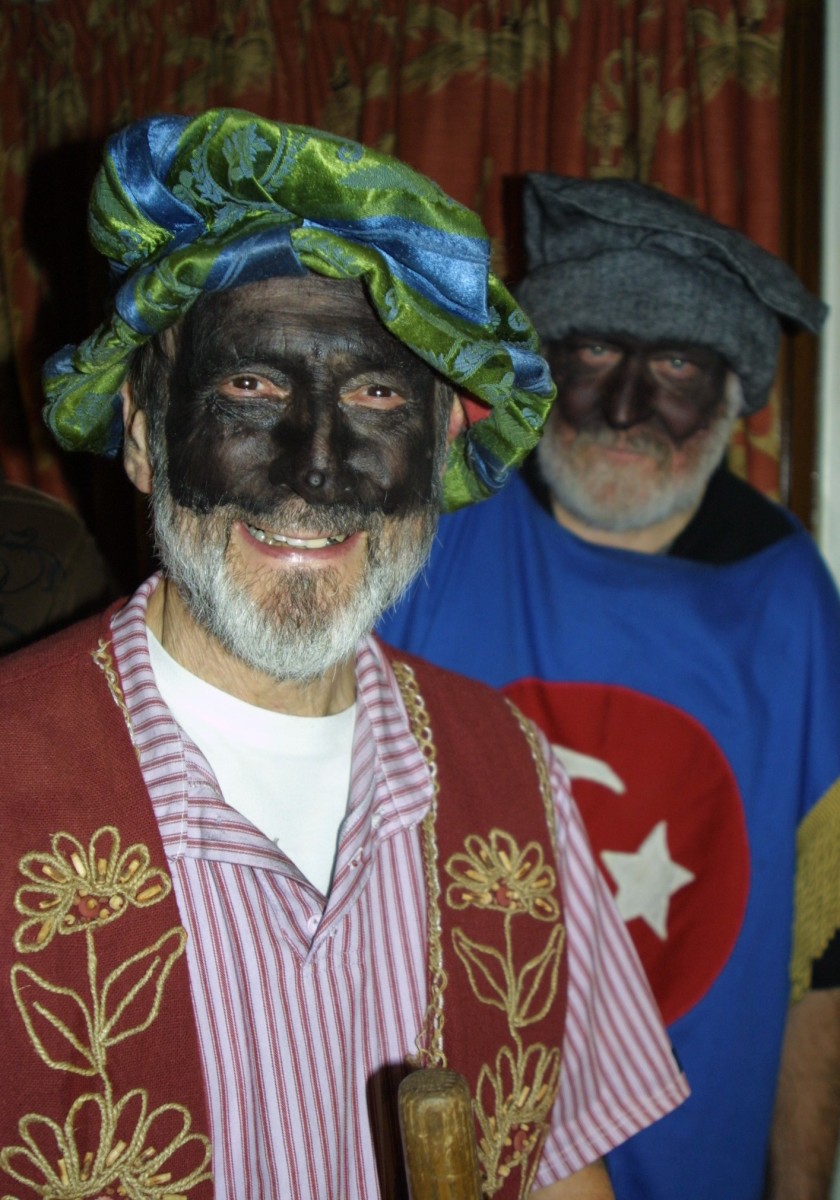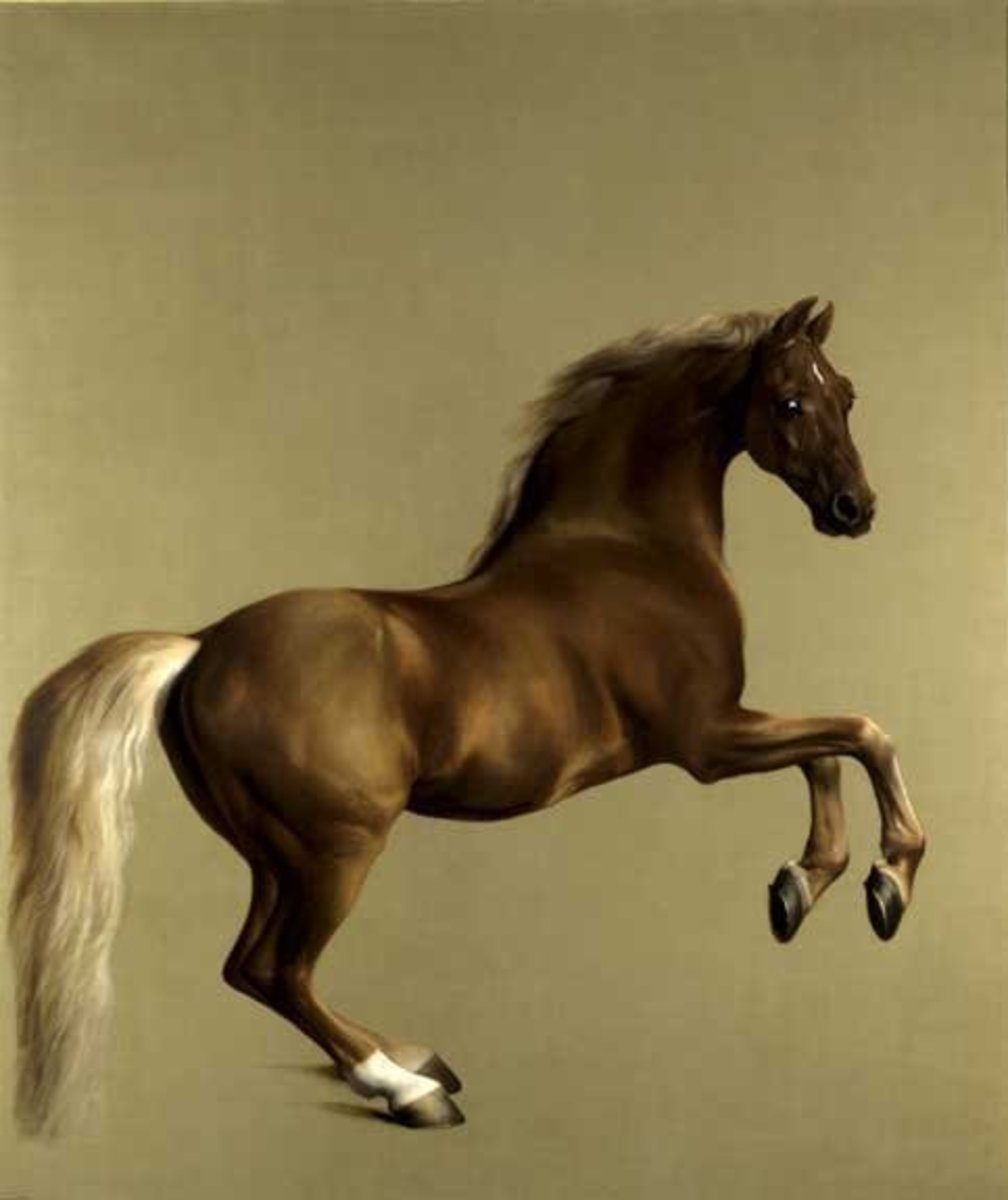Shakespeare: His Life and Looks Remain a Mystery.
We have no real idea what the Bard looked like.

Shakespeare: If Only We Knew More.
I have never really been a fan of Shakespeare. I have never lived anywhere near where his plays have been staged until the last 6 years and have not read in their entirety most of the sonnets. The latter I do admire somewhat, because, as a minor poet, I know just how hard it is to compose verse and fit it into the strict discipline of the sonnet. And so much of what he said was philosophically true and wise, not to mention beautiful. As was much of the ringing prose in the great plays, such as Hamlet, perhaps his greatest work. It was always too much effort to interpret the exact meaning of Elizabethan English and the Bard’s output to me has become condensed into several evergreen one liners; part of everyday speech for English language speakers.
This is all true, but I have never felt comfortable ignoring Willy S. and that not knowing his work well left a large hole in my education. So much has been written about him: critique, historical anecdote and attempted biographies, from the extreme paucity of information we have on the man. People have rewritten his plays, some attempts almost an insult, other worthies have even put them into modern vernacular. Still more have doubted his existence or that he wrote the plays at all saying they were penned by other playwrights or people like Francis Bacon. (see footnote)
Thousands of books and rooms full of articles and critical acclaim; academics arguing for generations about this, that and the other, and the truth being, we don’t really even know what the man looks like. Many will say they recognize him immediately from the familiar portrait of the hirsute, balding gent found in all the encyclopaedias and articles about Shakespeare, and the one bust of him, painted and repainted, that exists in a church in Stratford. But this one sculpture and the two paintings were all done well after his death by men who never even knew him in real life.
On top of this, there’s hardly any reliable biographical information about the greatest literary figure who ever lived.
Of his work, we do have most of it, thanks to two friends who worked with him and preserved the plays and sonnets in Folios. Luckily, we have about 300 copies of the First Folio with us today in museums and private collections. Most are in the United States thanks to the power of the almighty dollar and the vigour of enthusiasts in the USA who have often shown more interest in Shakespeare than his British countrymen.
Those with an axe to grind in most cases have argued about his religious beliefs and his sexuality - he came from staunch Catholics on his mother’s side and he married Anne Hathaway, having three children with her, yet seems to profess love for a mysterious gentleman is some of his sonnets. Perhaps some of his success is due to the fact he has seemed something of an early Renaissance Man, a man for all seasons and all persuasions - or so he wanted his audience to think.
He lived in very difficult times under Elizabeth 1st., a rather meglomaniacal and capricious lady who has received perhaps more acclaim than she deserved. (as seems is common with kings and queens). His London was a rollicking place to be sure, but also a place of plague, pestilence and poverty. A city and country torn by problems between the ruling Protestant church and the Catholics who wanted power for themselves. A poet and playwright producing popular works which were satirical commentaries in many instances, containing clever double entendres on the political and social currents of these turbulent times, would have had to steer a very difficult course indeed and also to have watched his back pretty carefully while attempting to survive and maintain his family on what we do see was very little money.
Money must have been an ongoing problem with Shakespeare. He was not acclaimed in his own lifetime, although he did achieve modest success. In fact, it was not until the Victorian times that the tremendous outpouring of flattery and popularity for his work reached full flood. The Victorians simply adore Shakespeare - so much so that Bernard Shaw waggishly coined the word “Bardolatry” to describe the hysteria. Since then, Shakespeare’s works have been the standard troupes return to time and time again, there’s always someone who wants to see his greatest plays, like Hamlet, King Lear and Macbeth, and the latest twists put into the production by the producer and top actors, many of whom made a career on the boards in a Shakespeare play before breaking into Hollywood movies.
Perhaps part of Shakespeare’s greatness is the mystique which surrounds his life and the many years missing from the record. We must thank our lucky stars that, anyway, he was loved and respected by his peers, two of whom, Henry Condell and John Heminges, took the time, trouble and no little expense in preparing the First Folios for posterity 400 years ago.
William Shakespeare April 26, 1564 to April 23, 1616.
Footnote. One woman, a US Bacon, believing, or insisting, she was a descendent of Sir Francis Bacon, single-handedly secured millions of followers all over the world into thinking Shakespeare’s life’s work had, indeed, been penned by Bacon, a noteworthy writer and poet of the time. It was all nonsense, of course, and is mainly discounted these days. It is said the woman spent her last years in a looney bin and died proclaiming that she was really the Holy Ghost! Many other luminaries, such as Freud and Walt Whitman have spoken out against Shakespeare as being the author, but recent investigations by writers such as Bill Bryson convince us that, like the Kennedy assassination, the simple, obvious answer is usually the true one. But, as ever, you don’t get fame and money by always sticking to the true and mundane; people are still going through old archives and papers. One day, more revelations may surface to fill in some of the blanks of the man who told us the world is a stage and we, merely the players.








